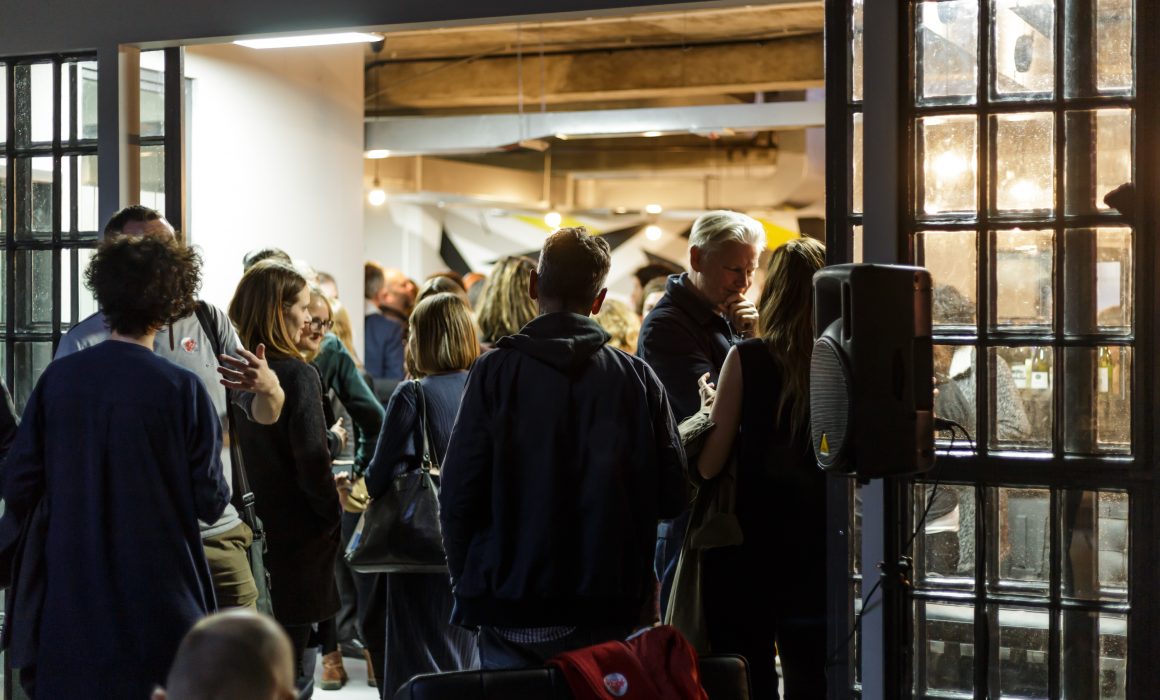The number of shared office owners or operators trying to obtain a licence to sell alcohol is on the increase in Brighton and Hove.
The trend has prompted policymakers to review the current rules which were drawn up to cater for traditional licensed premises such as pubs, clubs and restaurants.
At the moment each application is considered on its own merits, based on the nature of the premises, the location and the proposed operating hours.
Brighton and Hove City Council has, for example, restricted new licences in an area known as the “cumulative impact area” which includes West Street and St James’s Street. The number of pubs and clubs is deemed to be at saturation point.
The council has also brought in tougher rules for another area known as the “special stress area” which is further out from the centre and includes the Seven Dials and part of Lewes Road.
But after five recent applications for workplace bars, licensing chiefs are trying to work out how to deal with what appears to be a growing trend.
A report to councillors said: “A shared workplace or shared workspace can be defined by being a building that has been converted into office space, which is operated overall by one company that rents workspace to many different entrepreneurs and small businesses.
“Its general offering is of hotdesk working, meeting spaces, single or team desk hire and/or private office space, etc, usually to freelance workers and/or small or medium businesses who do not want to rent offices of their own.
“Customers who rent such office spaces are often termed ‘members’ of the applicant companies. However, this term is not the same as members of clubs operating under a Club Premises Certificate.”
Two recent cases where licences were granted were Platf9rm at Hove Town Hall and the Soul Deli at the Regis Spaces building in Trafalgar Place, Brighton, where “substantial food” must be available at all times.
Central Werks in Middle Street, Brighton, was also granted a licence for use during “cultural events” only.
But the Projects in Ship Street, Brighton, had its application to run a small bar for its members refused in December.
Licensing chiefs have written to councils in other areas where there is a similar rise in the number of shared offices – and applications for similar licences.
Public health expert Dr Peter Wilkinson said: “If awarded a licence, it would seem reasonable to expect employers to have alcohol workforce policies in place.”
The council’s Licensing Committee is being advised to continue making decisions on a case-by-case basis and to make sure that the applicant upholds the licensing policy goals.
These include protecting public safety, the prevention of crime and disorder, the prevention of public nuisance and the protection of children from harm.
The Licensing Committee is due to meet at Hove Town Hall on Thursday 14 March at Hove Town Hall. The meeting starts at 3pm and should be open to the public.









